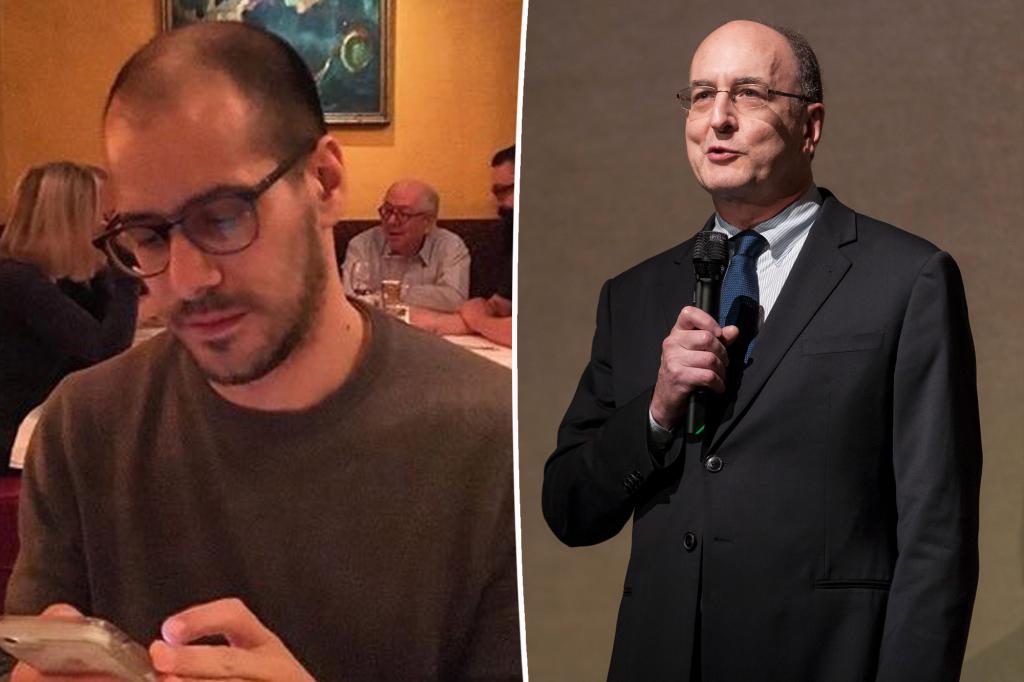Bombs away!
There’s a war of words over New York Metropolitan Opera’s season opener “Grounded” — a military opera about drone warfare.
The New York Times riddled the piece last month with critical holes, calling it “bloodless” and “bland.”
On Monday night, Met director Peter Gelb returned fire, strafing the Gray Lady — and its chief classical critic, Zachary Woolfe — and claiming there was “an agenda” behind the brutal review.
At an intimate event for the Musicians Foundation, Gelb — who has been the head of the storied institution since 2006 — discussed the ongoing struggle to bring the artform to a wider audience.
During a conversation with the foundation’s executive director, David Gracia, Gelb said that — to grab more listeners — he believes that companies like his need to stage more “accessible” works that appeal to people’s “emotions as well as their intellect.”
But, he said, it “isn’t easy” — and used Woolfe’s Sept. 24 review to illustrate his point.
“[‘Grounded’ is] a brilliant work that has a brilliant story, and it has great emotional impact,” he said.
“I’ve been around long enough to know that critics write — and they should write — what they feel,” he said. “But sometimes you get the sense that there’s an agenda, and that’s where it [becomes] troublesome.”
The audience at a swank home on the Upper East Side seemed to agree heartily with the illustrious administrator.
“There’s a great deal of resentment on the part of some critics — not all critics, some critics — about the idea that music should be approachable by a large audience and should be available to more people and some critics might [prefer to] keep it sacred, in some ways, for themselves,” he said.
Later during a Q&A, he was asked by an audience member to describe the alleged agenda.
Gelb said he believes some critics “wish” the Met were producing certain music that they personally “champion,” such as “the operas of [deceased modernist American composer] Elliot Carter or pieces that I don’t believe would have popular success.”
“I think there’s a — and I don’t know if this is conscious or subconscious effort on their part — but I do believe that anything that they think smacks of accessibility, there is something inherently wrong with, and that’s what I think is so screwed up about this situation,” he said.
Making the skirmish all the more intriguing, Gelb’s father, Arthur Gelb, was managing editor of the Times — and, it is said, made fairness among his critics one of his top priorities.
Melissa Torres, a rep for the Times, told us, “As the classical music critic for the New York Times, Zachary reviews the work of all cultural institutions fairly and with an open mind.”
Read the full article here











